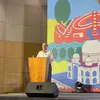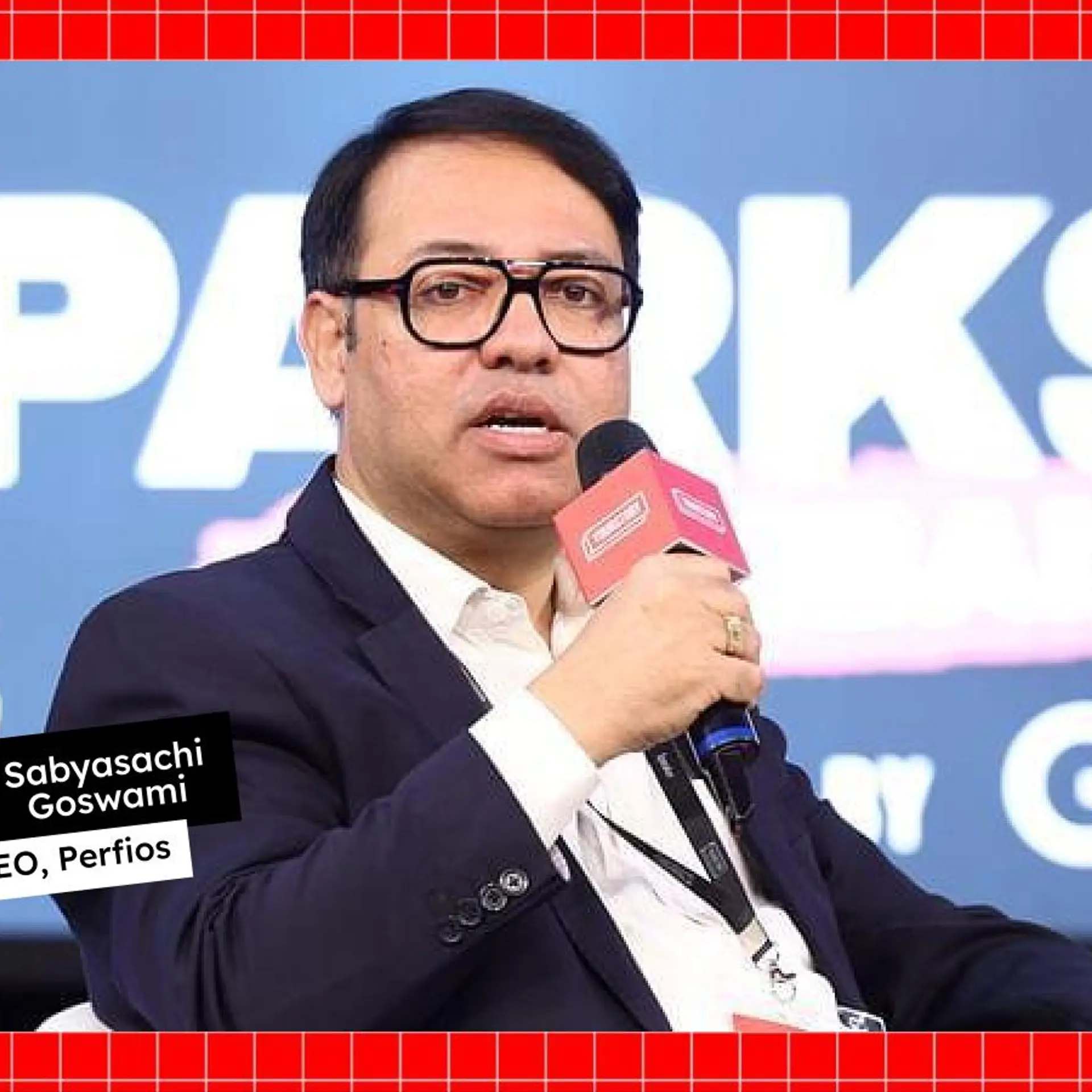The planet does not need saving; we do, says Dia Mirza
Dia Mirza is a committed voice for pivotal environmental campaigns, conservation of wildlife, and larger social change. At YourStory’s Brand Residency event, the actor turned investor had this to say:
Dia Mirza, a renowned actress and sustainability investor, recently emphasised the need to understand the impact of our personal choices on the environment.
Reiterating her passion and commitment to the environment at YourStory’s Brand Residency event, Dia spoke about the difference between one's need and greed and how consumerism is destroying the planet.
Almost paraphrasing American musician Tom Lehrer’s iconic words from his 1955 song So long, Mom (A song for World War III), she said, “The planet does not need to be saved; the human species needs to be saved.”
Dia is a committed voice for pivotal environmental campaigns, conservation of wildlife, and larger social change. In her roles as a UN Secretary General’s Advocate for Sustainable Development Goals and UNEP’s Goodwill Ambassador for India, Dia assisted in evangelising the apex international body’s advocacy on sustainable choices, circular fashion, and wildlife protection.

Addressing a room full of new-age entrepreneurs trying to build brands that promote sustainable and healthy living, Mirza stressed the need to understand the relationship between our choices and the natural world.
The first step, she said, should be “understanding that all my actions, all my patterns of consumption have a little impact on the environment, and human health and the health of the natural world are interlinked.”
She suggested a few lifestyle changes that can go a long way, including not using any forms of single-use plastic, carrying our own water bottles and cutleries, managing waste at home, and shifting to LEDs. She added, "Investing money in nature and sustainability-sensitive companies can make a huge difference."
Dia shared the stage with the co-founders of , , and —the three startups she has invested in—and hailed them for doing “category-defining work”.
Bengaluru-based startup Shumee, founded by Meeta Sharma Gupta, designs development-friendly child-safe open-ended toys and games for children aged 0 to 8. Meeta started the brand with a motive “to bring back the joy of free play.”
After she returned from the US in 2012, she struggled to find toys for her younger son (two-year old at that time) and realised that most toys available in the Indian market were either made of plastic or contained too many electronic parts. She decided to make toys that do not pose a health risk to children.
Barkha Bhatnagar Das echoed the same sentiment. The co-founder of Greendigo Organic Clothing realised that the Indian kid's wear market used a lot of synthetic fibres, toxic materials, and dyes, which propelled her to quit her corporate job and fill this market gap with safer and sustainable options.
Barkha spoke about the value that organic clothes add to one’s purchases. Greendigo uses 100% organic cotton clothes for kids (not chemically treated). The brand makes adjustable sizes to ensure the clothes last longer.
Aditya Ruia, Co-founder of Beco, a bamboo polymer-based disposables and tissue paper products manufacturing brand, said, “Every day, and in every way, we hold ourselves to the highest standard because we believe that whatever we use on ourselves matters.”
The three co-founders agreed on the affordability of sustainably produced products. “Show your customer what is at stake if they do not go sustainable — the detrimental impact of using chemical-made products on the health of both people and the environment.”
Edited by Suman Singh








